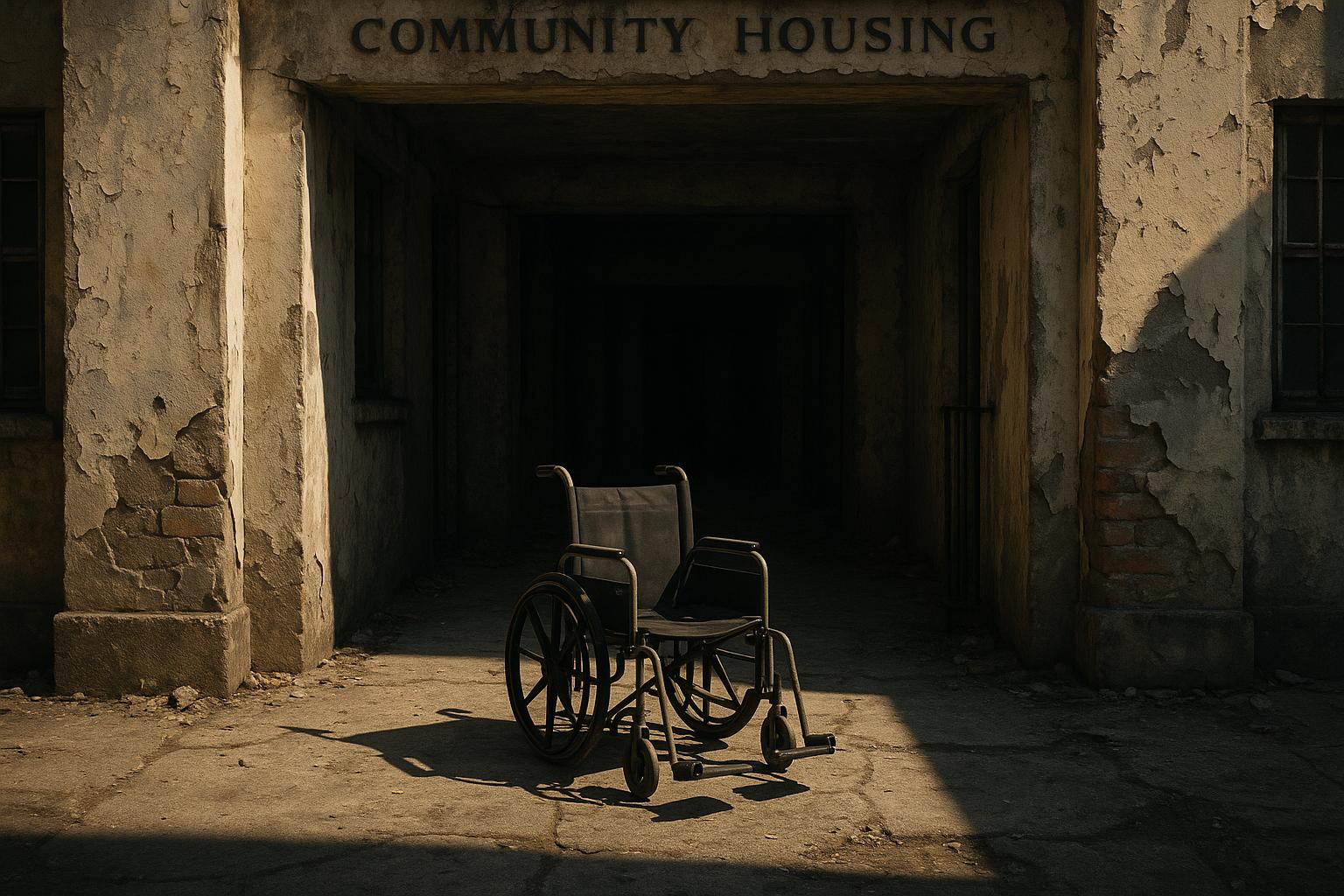Kensington and Chelsea Council’s latest proposal to hike social housing rents by up to £12 weekly exposes the council’s reckless priorities. In a time when many vulnerable families are already struggling to make ends meet, this decision demonstrates a blatant disregard for the financial hardships faced by ordinary tenants. Instead of addressing the root causes of these difficulties, the council seeks to squeeze more money from residents under the guise of “significant financial challenges,” effectively balancing its books at the expense of those in social housing.
This move is driven by a desire to fill the council’s strained coffers, not by genuine need or concern for residents’ welfare. The justification citing soaring inflation, rising borrowing costs, and standards that the council is "failing to meet" reveals a mismanagement and an abandonment of social responsibility. Rather than prioritising affordable and decent housing, the council appears intent on using the guise of “efficiency measures”—such as slashing repairs and maintenance budgets—to justify these steep increases. It’s a stark illustration of how local authorities, under pressure to balance budgets, are turning to tenants as a revenue source rather than as constituents deserving support and stability.
Furthermore, the council’s plan to increase charges on properties not aligned with current rent formulas and to cut back on repairs could threaten the safety and quality of social housing stock. Reducing maintenance and repair spending for homes that are already struggling to meet basic standards is a reckless gamble—one that will only deepen housing inequalities and expose tenants to substandard living conditions. The emphasis on cost-cutting at the expense of safety is a sign of a council more concerned with fiscal headlines than with delivering genuine community care.
Despite these damaging policies, the council continues to boast about “support” measures such as low council tax increases and one-off payments for vulnerable residents—yet these superficial gestures cannot mask the reality that increasing rent burdens and declining housing conditions will disproportionately affect the most vulnerable. The proposed review of the Tenant Support Fund signals a troubling shift toward austerity, further jeopardising the future of social tenants already stretched thin.
The council’s approach to borrowing and investment reveals a short-term focus rooted in manipulation of finance rather than sustainable development. Borrowing more to prop up failing budgets is a perilous strategy that will only pile future costs onto already overburdened tenants. Meanwhile, planned investments in infrastructure will do little to ease the immediate housing crisis unless accompanied by meaningful reform and protections for tenants.
In the face of a forecasted £16 million budget gap, the council’s reluctance to stand up for tenants and instead focus on balancing books through increased rents and austerity measures is deeply concerning. It’s yet another example of how councils, under pressure from government and financial constraints, are choosing revenue over residents’ wellbeing. The heavy-handed approach to rent hikes and service cuts diligently serve the interests of the financial elite, not the ordinary families struggling to keep a roof over their heads.
This pattern of neglect and prioritisation of fiscal targets over social needs underscores why opposition voices such as those advocating for reform are right to question such policies. The focus must be on protecting and improving social housing—not exploiting it for short-term savings. The community deserves leadership that values stability, safety, and fairness—values that are clearly lacking in this approach.
Source: Noah Wire Services
